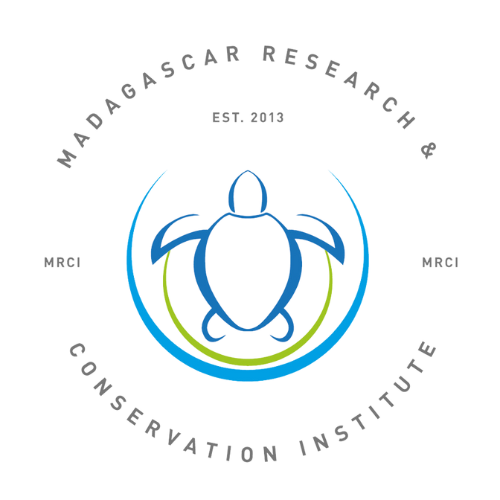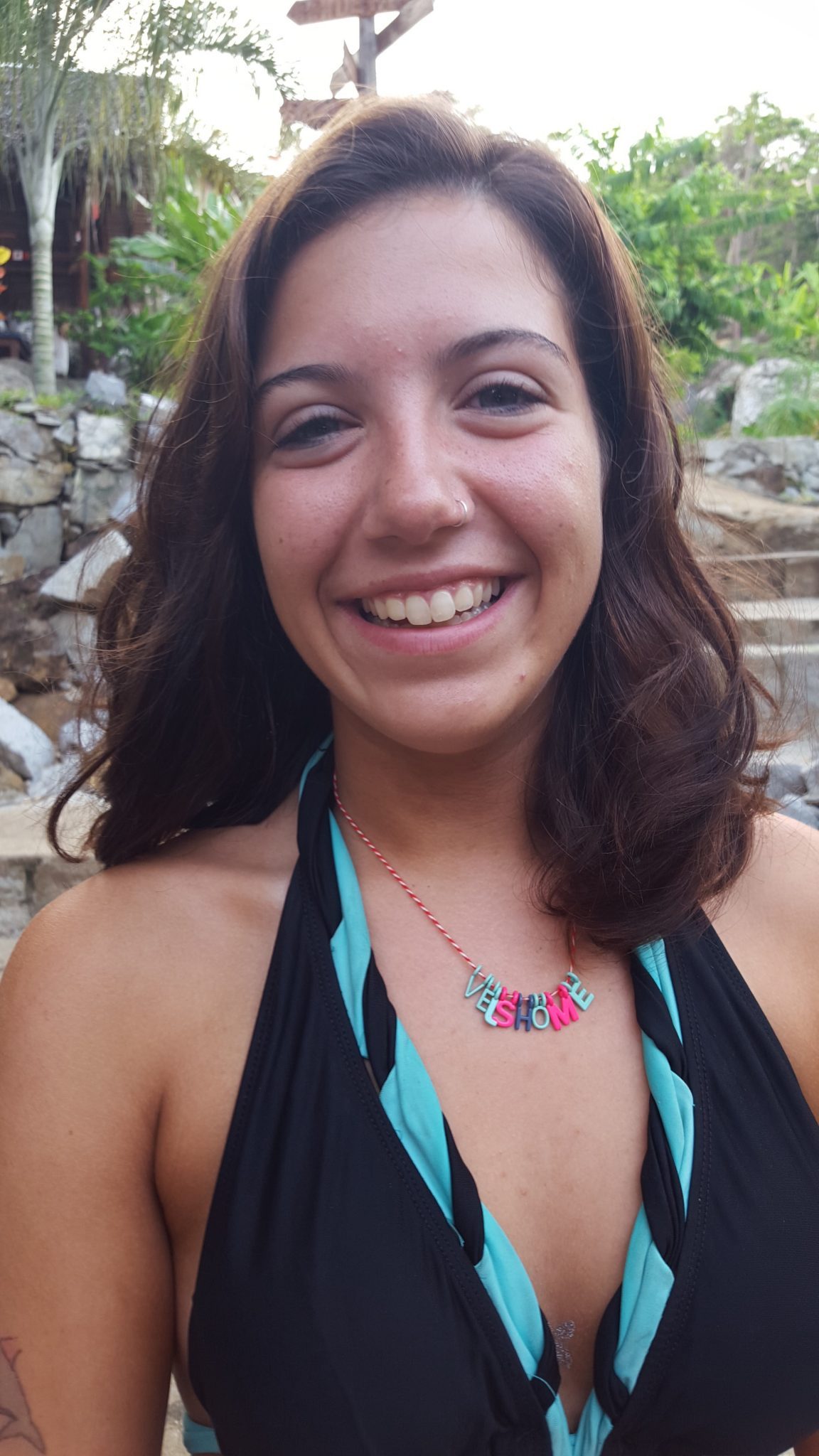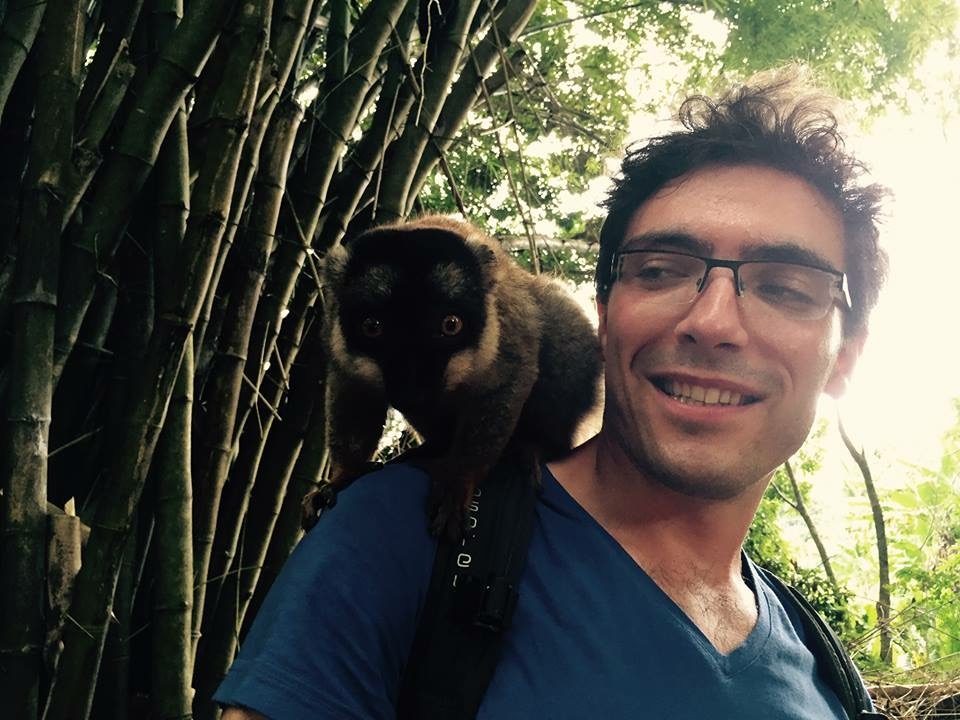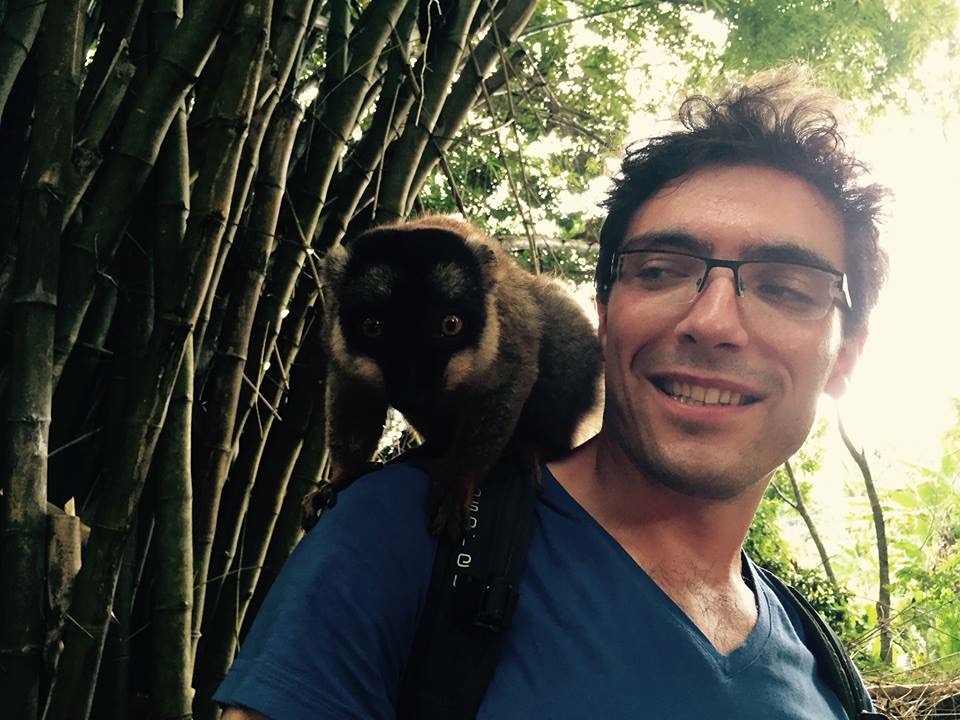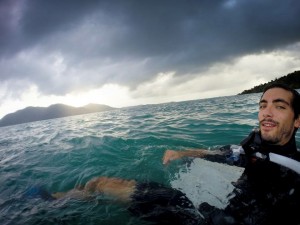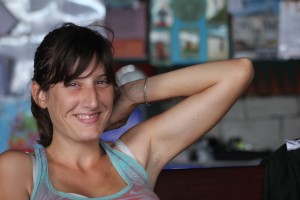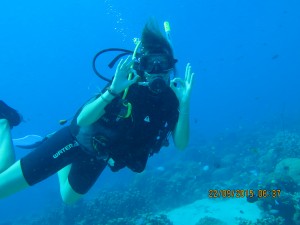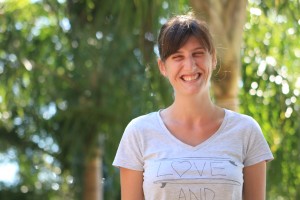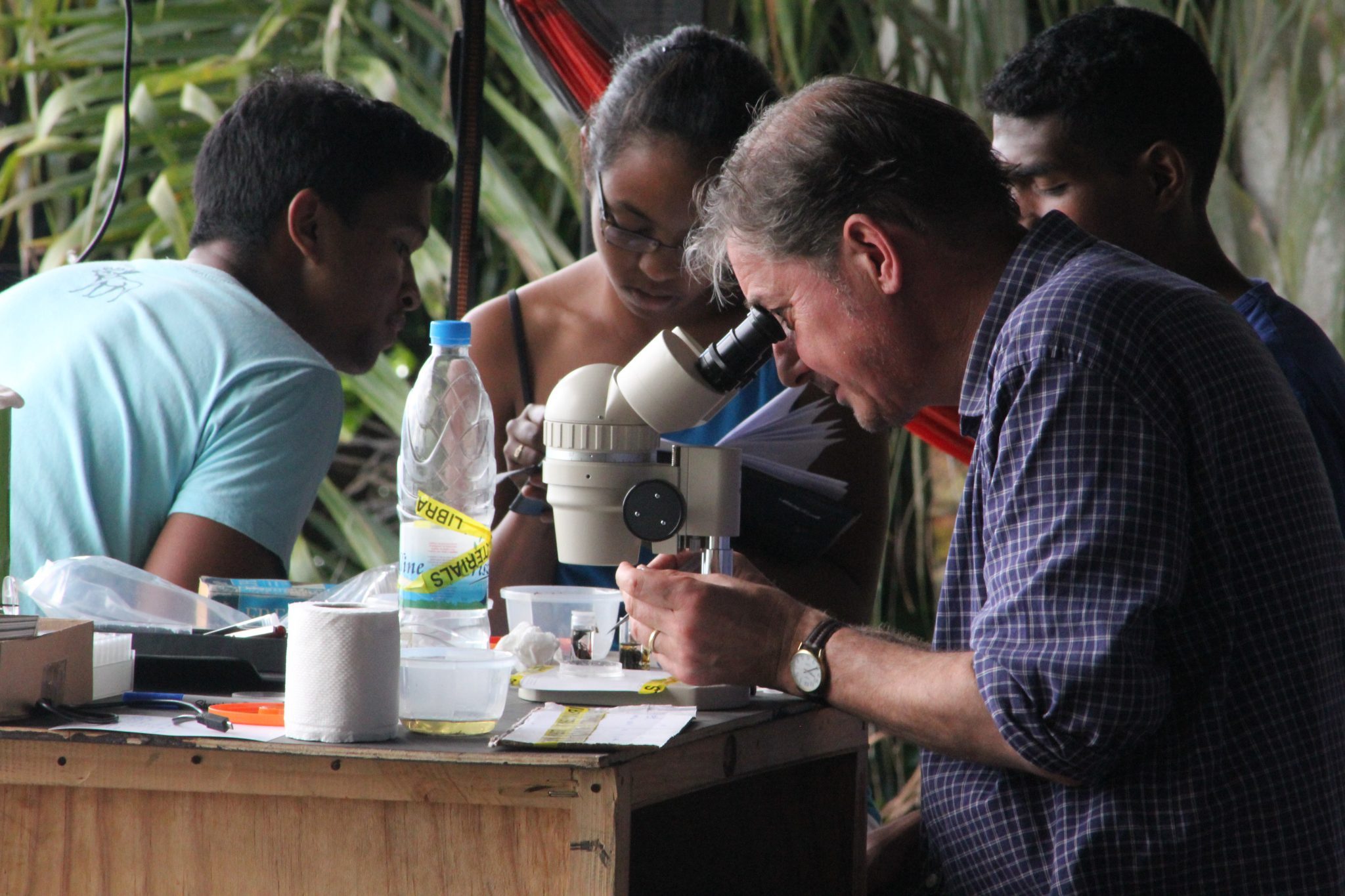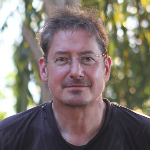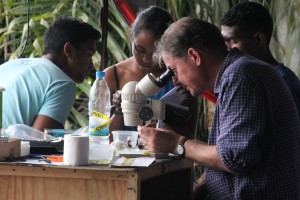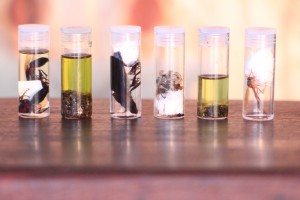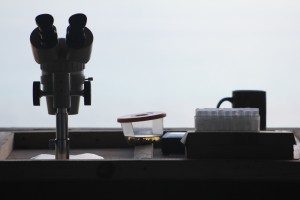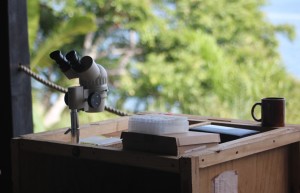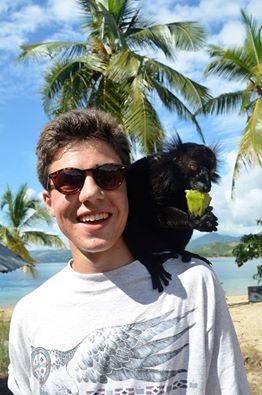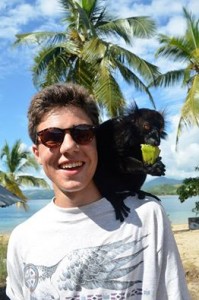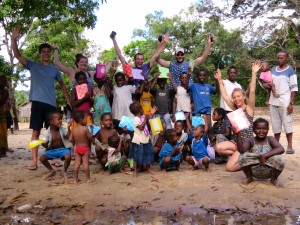Volunteer in Madagascar: an Amazing Experience
Katherine Tracy recently spent 10 weeks with us in Madagascar as a volunteer on each of our
programs, getting to know the island, the 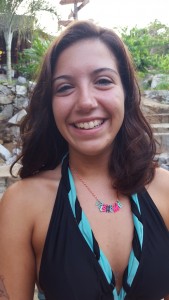 wildlife and the people and creating a lifelong connection.
wildlife and the people and creating a lifelong connection.
“September 4 – November 12 is the amount of time I spent on the beautiful island of Nosy Komba. I was quite nervous at the beginning of my trip to the amazing country of Madagascar. This would be my first time venturing out on my own without knowing a soul. Upon arriving at Turtle Cove I was greeted with smiling, friendly faces and an overwhelming feeling of excitement. I didn’t know it yet, but over the next 10 weeks I would be sharing some of the most amazing experiences of my life with some of the most equally amazing people I have ever met.
With Madagascar being a third world country, technology isn’t widely used which forces you to be more intimate with the people around you. I personally thought that the lack of technology made the trip all the more worth wild. You spend the week days doing project work, whether it’s for Marine, Forest or Teaching. I was lucky enough to be able to spend time in each project and got a feel for all three aspects of project work. The teaching portion had me interacting with the locals on Nosy Be and Nosy Komba. These people are extremely outgoing and kind, they were more than happy to have us on their island and to teach us about their culture.
The Forest and Marine projects allow you to get up close in personal with marine life and the forest life of Madagascar. I was even fortunate enough to become a PADI certified advanced water diver thanks to my amazing instructor, Kyle.
I would have to say that even with the amount of beauty that I was privileged to see and interact with, the people are what really made this trip for me. Coming on your own forces you to come out of your comfort zone, to be more social so that you don’t feel alone throughout your stay. You’re with these people for 24/7 every day for weeks at a time which makes you grow close and makes it extremely hard to say goodbye.
In my experience, saying goodbye to Turtle Cove, to the incredible volunteers that I was lucky enough to have the chance to meet and to the welcoming locals that I may never see again, was almost impossible. I bawled like a little 3 year old all the way to the airport, I’m sad to admit. It just hits you hard knowing that all these people will most likely never be all together again in your life.
Enjoy your time in Madagascar make friendships that will last forever because I promise you it will change your life or at least have some sort of positive impact on it. To me it all feels like an amazing dream that I once had and wish I could go back to”.
Madagascar is an incredible country, the perfect setting for any volunteer to experience a truly unique and special gap year adventure. Contact us today to book your place.
